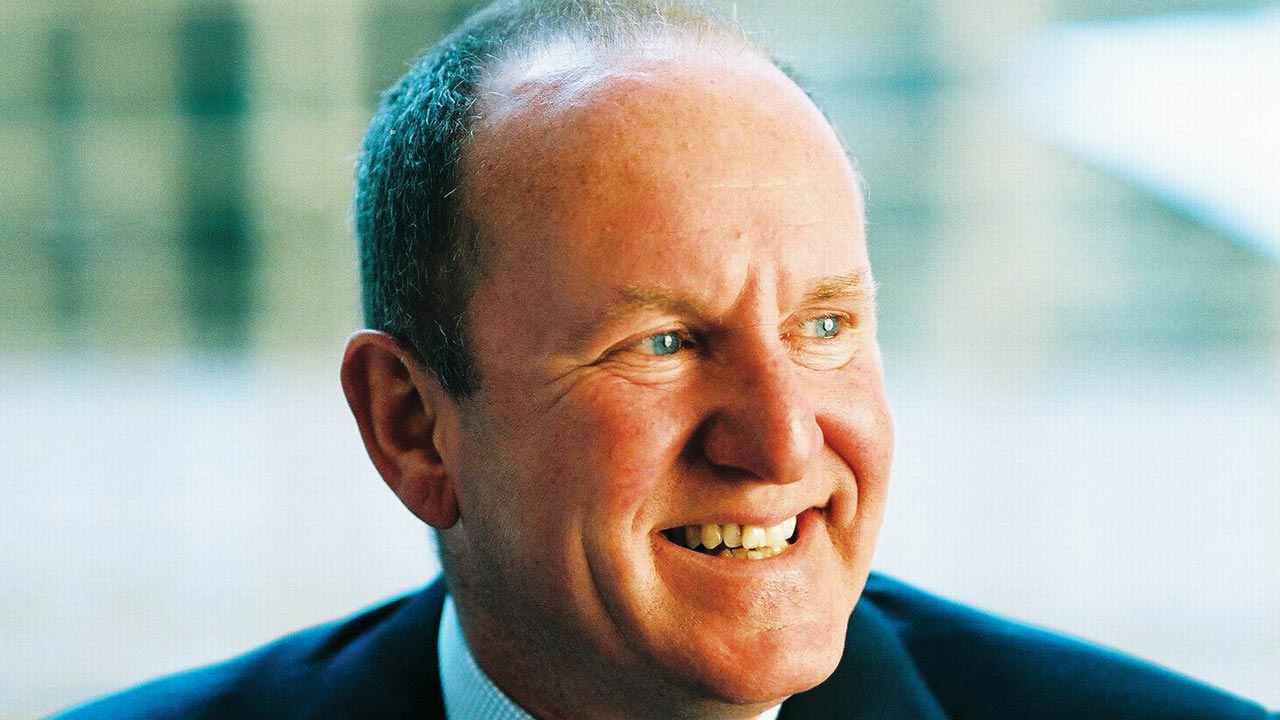
By Ian Dransfield
Ian Livingstone has been around the games industry for a long time, so when he says something like 'this is gaming's second golden age', it's going to be an on the nose observation.
As reported on MCV, the Department for Businesses’ Creative Industries Champion (yes, he's officially a 'champion') has said just that.
"These are very exciting times," Livingstone said, "You could argue this is the second Golden Age of games, because the routes to market are now open."
But why? There is indeed some reasoning behind the co-founder of Games Workshop and former Eidos man's words. Namely: it's easier to make games and get them out there these days.
"In the past, physical media was sold at a premium price through traditional distribution channels with all the barriers along the way before it could reach the consumer," he explained, "That required a certain investment and capital. But today small teams are able to reach global markets.
"In addition to this, we are one of the most creative nations, if not the most creative nation, in the world. Therefore with app stores, alongside online and digital consumption of games, there’s an incredible opportunity. Britain is now rushing towards that opportunity and establishing itself as one of the leaders in video games production."
Keep up to date with the most important stories and the best deals, as picked by the PC Gamer team.
Admittedly he would say that, because he works for the government. But still: nice words! Positivity! Encouragement!
PC Gamer is the global authority on PC games—starting in 1993 with the magazine, and then in 2010 with this website you're currently reading. We have writers across the US, Canada, UK and Australia, who you can read about here.


